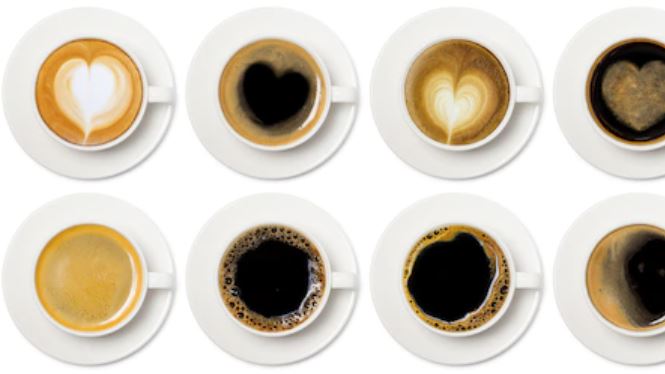Some of us don’t get going in the morning without the first cup, while others disdain even to try a single sip of the dark drink. We are, of course, talking about coffee and its health effects. Drinking coffee has a long tradition. Already in the 9th century, a drink was made from the fruits of the coffee tree, the coffee cherries. Sometime later, they discovered the incomparable aroma that is created when the beans are crushed. That black gold has a stimulating effect was already known and popular back then. Coffee was and is also a respected drink in art and culture due to its increased performance. Today, green coffee is one of the essential commodities in the world. Make sure you make your cup of coffee the right way. If you need help in this area, definitely read our Gaggia Classic Pro Review.
Coffee and water
Opinions have always been divided about the dehydrating effect of coffee. Recent research shows that coffee does not draw more water from the body than other beverages. Those who regularly drink coffee also get used to the effect. “The thing about fluid loss is not true. It is true that the caffeine stimulates the kidneys and you feel a faster need to urinate. However, the glass of water helps to better recognize the taste of the coffee, ”explains Eduard Mayr, curator of the Austrian Coffee Competence Center in Vienna. The Austrian test magazine “Konsument” also states that only very high amounts of caffeine of more than 250 milligrams cause acute fluid excretion.
Caffeine is vasodilator
The health myths about black gold couldn’t be more different. Sometimes it is condemned for its supposed harmfulness; then, it is praised for its health effects. Current studies prove that coffee has a positive impact on the circulatory system and metabolism. It not only promotes digestion but also increases memory and muscle performance through the increased supply of oxygen. “But coffee also works against different types of cancer and against the formation of tooth decay. Because caffeine dilates the blood vessels, it also helps with stroke and asthma. But it has also been scientifically proven that couples who consume coffee have more love and eroticism than couples who do not drink coffee, “says Mayr.
The maximum amount of 300 milligrams of caffeine per day
The Austrian Coffee Association also points out the antioxidant effect of coffee. Scientific studies confirm that two to five cups per day increase the body’s cell protection. Excessive caffeine consumption can lead to cardiac arrhythmias and impair fertility, but it can also cause nervousness and inner restlessness. Headache patients and pregnant women and breastfeeding mothers should also limit their daily coffee consumption. The same goes for people who tend to over-acidify the stomach since caffeine stimulates acid production in the stomach.
In the beginning, there is the coffee cherry.
How is coffee made? First, the coffee cherries are washed, and the beans are removed from the pulp. After one to two weeks, the beans are dry, and the green coffee can be filled into bags for transport. Roasting usually only occurs in the importing country, since roasted coffee can only be stored for a limited time. During roasting, the color of the original green bean also turns dark brown. “There are 500 different varieties and 70 different species, but the two most important are Arabica, which grows in the highlands, and Robusta. At four percent, this variety contains twice as much caffeine as the beans of the Arabica variety, “says Mayr.
Annual consumption: eight kilograms
By the way, the most significant coffee drinkers are the Finns. The annual coffee consumption there is 11.3 kilograms per inhabitant, which corresponds to 1,737 cups per year. But we Austrians are real coffee lovers too. After all, we bring it to eight kilograms per year, that’s 2.6 cups a day. In comparison, per capita consumption in 1952 was only 650 grams per year. With over two million tons of coffee beans per year, Brazil tops the most extensive coffee producers list, followed by Vietnam and Colombia.
Caffeine and adenosine
The question that remains to be answered is why we wake up from drinking coffee. Caffeine stimulates the central nervous system and speeds up our metabolism. In doing so, it inhibits adenosine’s effectiveness, the substance that is responsible for the relaxation of the cell. The stimulating effect unfolds 30 to 45 minutes after drinking and lasts up to eight hours. Mayr: “Incidentally, espresso is the healthier choice because the coffee only has an average of 25 seconds of contact time. Filter coffee, on the other hand, has a longer processing time. ”As a result, it contains more bitter and tannins, which is why it is less digestible than an espresso.










